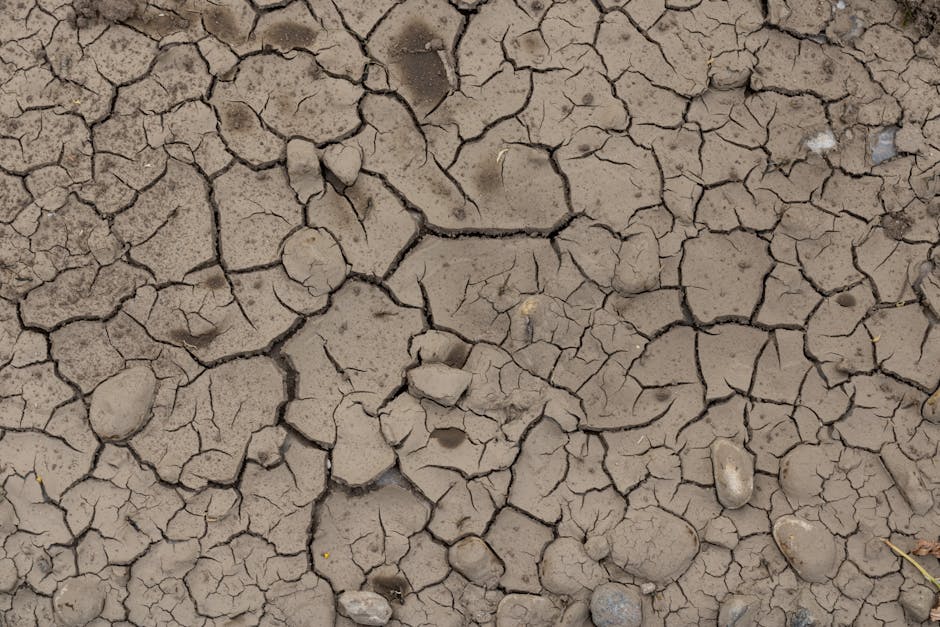A primary reason for climate change’s global reach lies in the atmosphere itself. Greenhouse gases, such as carbon dioxide, methane, and nitrous oxide, released primarily through human activities, accumulate in the atmosphere, trapping heat and raising global temperatures. This warming isn’t localized; the atmosphere’s inherent mixing properties ensure a relatively uniform distribution of these gases, meaning the entire planet experiences the warming effect, albeit to varying degrees. Regional differences in temperature increases are influenced by factors such as proximity to oceans, altitude, and land cover, yet the underlying driverenhanced greenhouse effectis global.
Changes in atmospheric composition directly influence weather patterns. Increased temperatures lead to more intense and frequent extreme weather events. Heatwaves become more severe and prolonged, affecting human health and agriculture worldwide. Rising sea surface temperatures fuel stronger hurricanes and typhoons, causing devastating coastal damage in numerous countries. Changes in atmospheric circulation patterns disrupt established weather systems, leading to altered precipitation patterns, resulting in both droughts in some areas and devastating floods in others. These events, regardless of their specific location, demonstrate the interconnectedness of the global climate system; a change in one region can have cascading effects elsewhere.
Sea level rise, another significant consequence of climate change, presents a global threat. Thermal expansion of water and melting glaciers and ice sheets contribute to rising sea levels, threatening coastal communities and infrastructure globally. Low-lying island nations face the existential threat of complete submersion, while major coastal cities across continents are vulnerable to increased flooding and erosion. This isn’t simply a problem for coastal regions; the displacement of populations due to sea level rise can trigger mass migrations and geopolitical instability, impacting regions far from the immediate threat.
Beyond the immediate impacts of altered weather patterns and rising sea levels, climate change poses significant threats to global food security. Changes in temperature and precipitation affect crop yields, leading to reduced harvests and food shortages in various regions. Increased frequency of extreme weather events, like droughts and floods, further damage agricultural lands, impacting food production and access globally. Ocean acidification, caused by the absorption of excess carbon dioxide by the oceans, also affects marine ecosystems, impacting fisheries and threatening food sources for billions. The ripple effects of these changes extend far beyond agricultural regions, potentially causing economic instability and social unrest globally.
Climate change further exacerbates existing inequalities across the globe. Developing nations, which often lack the resources to adapt to climate change impacts, are disproportionately affected. They are often more vulnerable to extreme weather events, possess limited infrastructure to withstand these events, and have fewer resources for disaster relief and recovery. This disparity underscores the ethical dimensions of climate change; those least responsible for causing the problem bear the brunt of its consequences. Addressing this inequity requires international cooperation and resource sharing to build resilience in vulnerable regions.
The interconnectedness of global economies adds another layer to the global concern. Disruptions caused by climate changefrom damaged infrastructure to agricultural losses to resource scarcityaffect global trade and economic stability. Extreme weather events can disrupt supply chains, leading to price hikes and shortages of essential goods. The economic costs associated with adapting to and mitigating climate change are substantial, requiring significant investment and international collaboration. Failure to address climate change poses a significant threat to global economic growth and stability.
Biodiversity loss is another critical aspect of the global concern. Changes in climate are causing shifts in species distribution, threatening habitats, and driving many species toward extinction. This loss of biodiversity has cascading effects on ecosystems, reducing their resilience and ability to provide essential services, such as clean water and air purification. The loss of biodiversity is not just an environmental issue; it impacts human livelihoods, food security, and overall ecosystem health globally.
In conclusion, climate change is a global concern because its impacts are pervasive, far-reaching, and interconnected. The alteration of weather patterns, sea-level rise, threats to food security, exacerbation of inequalities, economic instability, and biodiversity loss are all intertwined and affect every nation, regardless of its contribution to greenhouse gases. Addressing this global challenge requires international cooperation, equitable resource allocation, and a concerted effort to mitigate emissions and adapt to the inevitable changes already underway. Ignoring this global concern carries profound and irreversible consequences for the planet and future generations.
